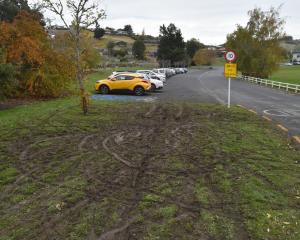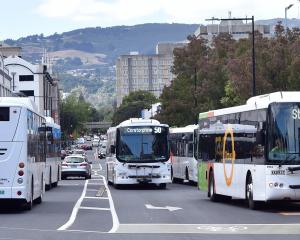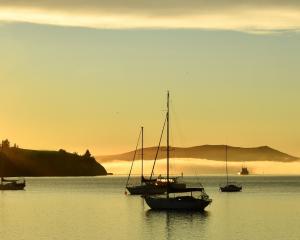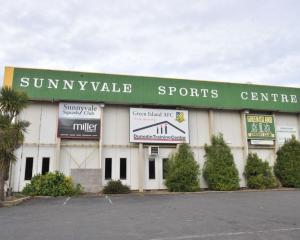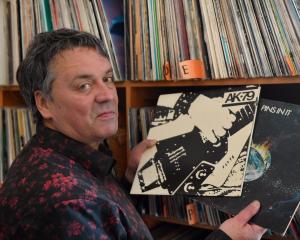Freedom campers expecting a warm welcome in Dunedin could instead be greeted by instant fines - or even the confiscation of their vehicles - if they break new rules designed to protect the environment.
The Dunedin City Council's freedom camping bylaw was adopted in June, took effect on July 4, and last week was given sharper teeth with the passing of the Freedom Camping Bill.
Council reserves policy and planning officer Dolina Lee yesterday said the bylaw and Bill worked together, with the Bill making the bylaw's enforcement easier and more cost-effective for the council.
The council bylaw allowed campervans with self-contained toilet facilities to camp overnight on sealed areas of reserves and other public land, but not grassed areas, within Dunedin.
No more than two vehicles were allowed to camp within 50m of each other, and for no more than two nights in the same location, she said.
However, those without self-contained toilet facilities were required to overnight in camping grounds, where facilities were provided.
Freedom camping was also prohibited at Taiaroa Head, on Otago Peninsula, and at the city's cemeteries.
The Bill passed last week provided tools to enforce the measures adopted by individual councils, including the power to issue $200 instant fines to freedom campers found breaking the rules, she said. Those who committed more serious offences, such as emptying a campervan's sewage tank in a rest area, could be prosecuted and face fines of up to $10,000.
The Bill even gave councils the power to confiscate vehicles, although that "went beyond the scope that we anticipated" in Dunedin, Ms Lee said.
The bylaw would only be enforced in Dunedin if complaints were received, or if a problem "hot-spot" was identified, and security guards would be used for after-hours callouts.
Freedom campers facing an instant fine would also be warned first, and asked to move on, before fines or other measures were considered.
The restrictions aimed to strike a balance while protecting the city's parks, reserves and other public land for the general public, by stopping them becoming "quasi-camping grounds".
"We want the general public to enjoy their reserves without having to negotiate around people camping. It's trying to find a balance for uses."
The Bill passed 67-53 last week, despite criticism from Labour and the Greens, and was expected to be signed off before the Rugby World Cup.
Ms Lee said it was not known how many freedom campers would visit Dunedin during the tournament, but extra camping ground space was available and it was hoped those coming would "behave in an appropriate way".
"But certainly we will be responding to any complaints by residents and using whatever tools we have to make sure things are done appropriately, particularly in an environmental sense.
"We're trying to protect the environment as much as anything else," Ms Lee said.

